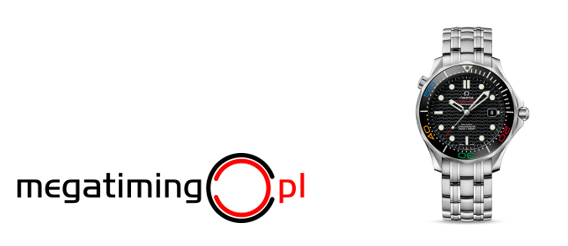Trademark case: In re JS ADL LLC, USA
The USPTO properly refused to register ARTISAN NY for clothing because, like the registered mark ARTESANO NEW YORK CITY, the proposed mark conveyed the impression of clothing made by skilled tradespersons in New York. Substantial evidence supported the USPTO’s refusal to register the mark ARTISAN NY, for clothing, on likelihood of confusion grounds, the U.S….

